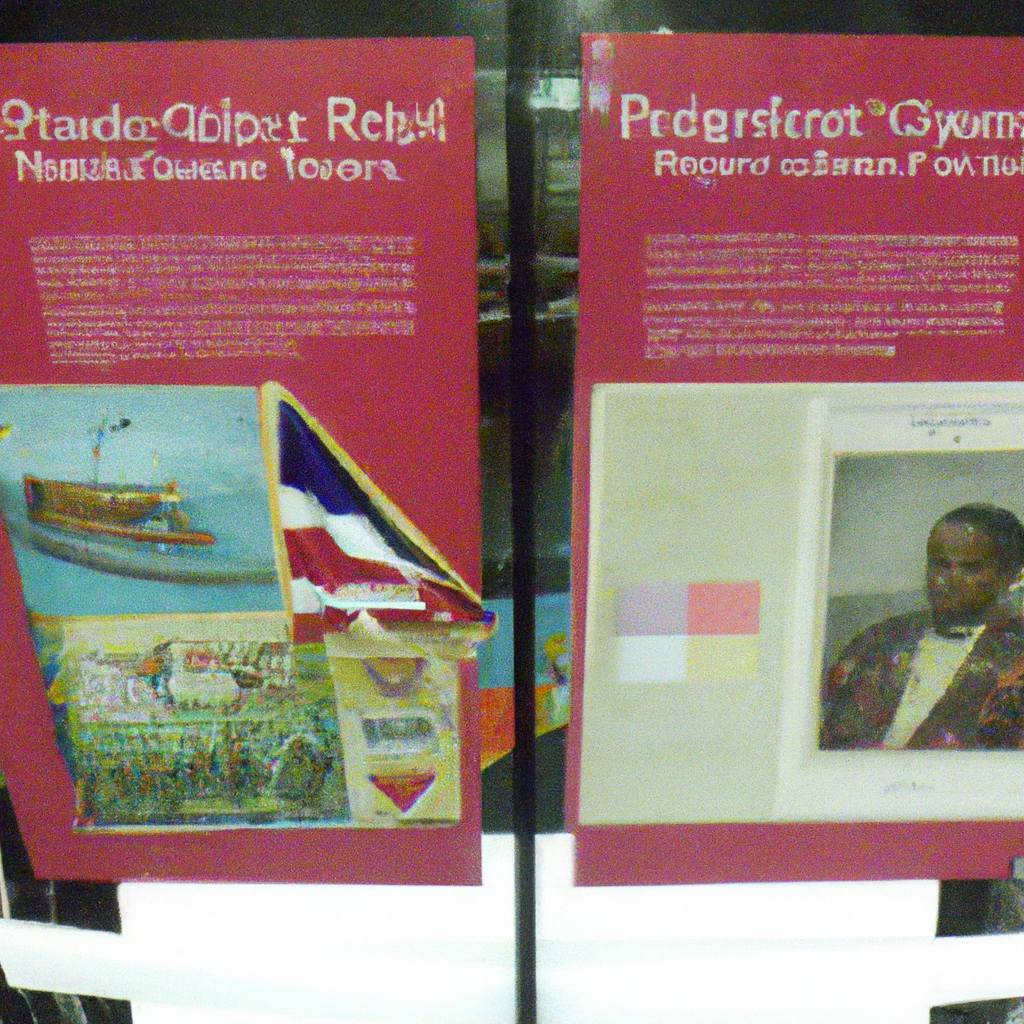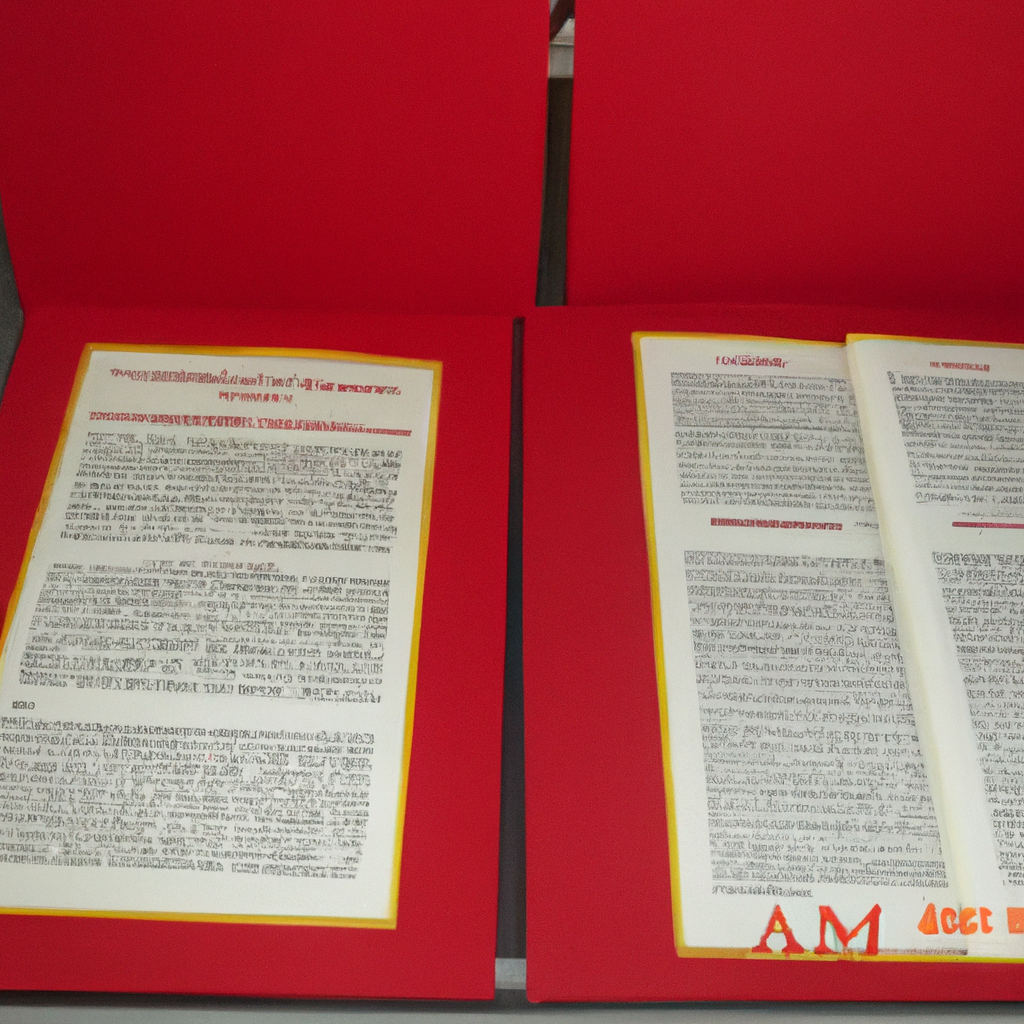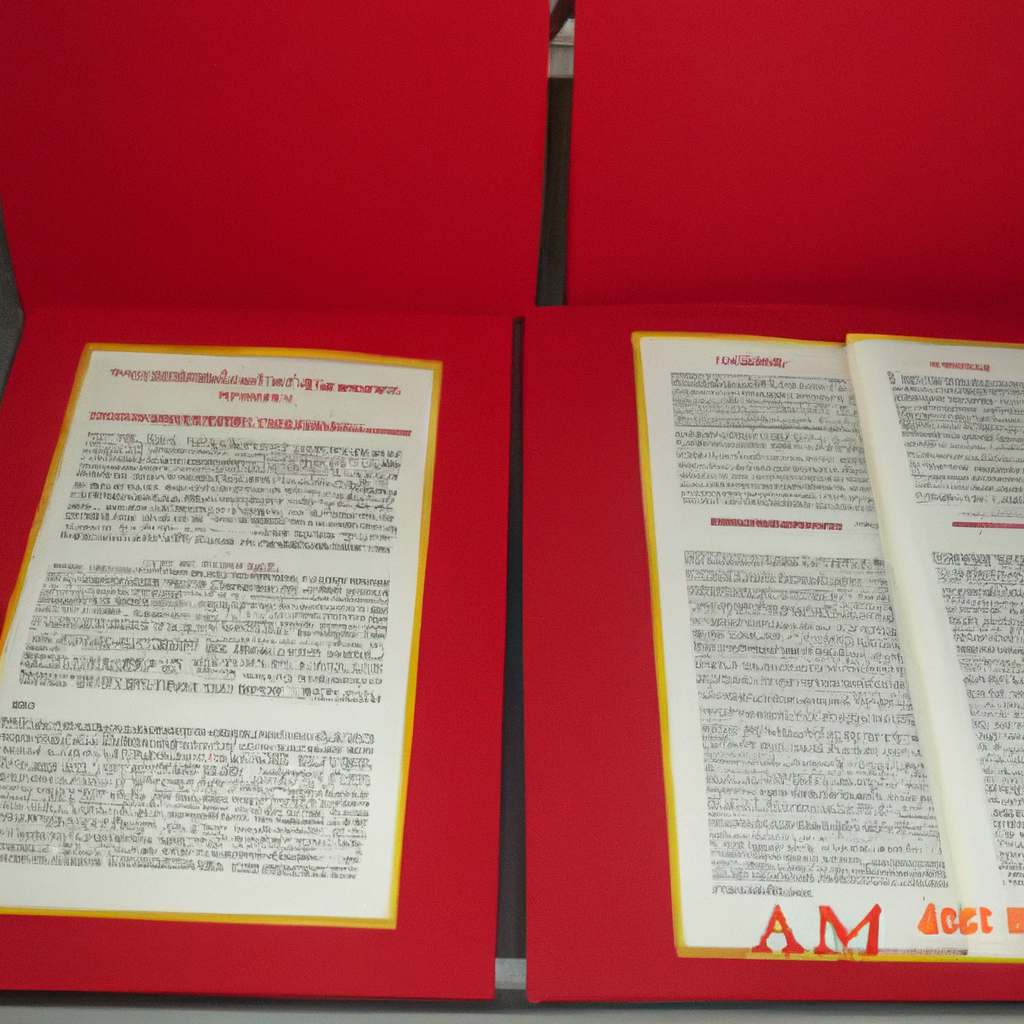Suriname, a small country located on the northeast coast of South America, may not be the first place that comes to mind when thinking about World War II. However, this often-overlooked nation played a crucial role in the global conflict. From serving as a strategic base for the Allied forces to contributing vital resources, Suriname’s involvement in World War II remains a fascinating yet lesser-known aspect of history. In this article, we will explore the significant role Suriname played, uncovering the untold stories of bravery and sacrifice that took place within its borders.

Historical Background of Suriname
Dutch Colonization
Suriname, located on the northeastern coast of South America, was first colonized by the Dutch in the 17th century. The Dutch arrived in the region in search of valuable resources such as sugar and timber. They established plantations and brought enslaved Africans to work on these plantations, laying the foundation for a racially divided society that would persist for centuries.
Slavery Era in Suriname
Slavery became a critical element of Surinamese society during the 18th and 19th centuries. The Dutch West India Company, which controlled the colony, relied heavily on enslaved labor to cultivate crops such as sugar, coffee, and cotton. The enslaved Africans endured harsh conditions, facing brutal punishments and limited freedoms. The legacy of slavery would shape Suriname’s social and economic landscape for generations to come.
Transition to Self-Governance
In the early 20th century, calls for self-governance grew louder in Suriname. This period was marked by growing political awareness and activism, with Surinamese citizens demanding greater autonomy from the Dutch colonial administration. Over time, political parties and organizations advocating for independence emerged, laying the groundwork for Suriname’s transition to self-governance.
Suriname’s Neutrality during World War II
Political Context
During World War II, Suriname, still a Dutch colony, declared its neutrality. This decision was driven by several factors, including the desire to protect its trade relationships with both the Allied and Axis powers. Additionally, Suriname’s geographical location within South America made it an attractive target for both sides, leading to a strategy of non-alignment.
Economic Factors
Suriname’s economic interests also played a role in its decision to remain neutral during the war. The colony relied heavily on the export of bauxite, a crucial raw material used in the production of aluminum. Suriname’s bauxite deposits were in high demand by both the Axis and Allied powers, making it important to maintain trade relations with all parties involved.
Military Preparedness
Despite its declaration of neutrality, Suriname understood the need to be prepared for a potential military conflict. The Dutch colonial administration took measures to enhance military defenses, fortifying key areas and establishing defense agreements with neighboring countries. This military preparedness aimed to deter potential aggressors and safeguard Suriname’s territorial integrity.
The Battle of the Atlantic
Importance of Suriname’s Bauxite
Suriname’s bauxite reserves played a crucial role in the Battle of the Atlantic, a battle for control of the shipping routes in the Atlantic Ocean. Bauxite was an essential resource for the production of aluminum, a vital material for aircraft and military equipment. Suriname became a target for German submarines due to its strategic importance in the production of bauxite.
German Submarine Warfare
German submarines, known as U-boats, posed a significant threat to Allied shipping in the Atlantic. Suriname’s bauxite shipments were targeted by German U-boats, aiming to disrupt the flow of resources to the Allies. These attacks caused significant losses and threatened the Allies’ ability to sustain their war effort.
Allied Protection Measures
To counter the threat posed by German submarines, the Allies implemented various measures to protect Suriname’s bauxite shipments. They established armed convoys, escorted by naval vessels, to ensure the safe passage of ships carrying bauxite from Suriname to North America. These protective measures were crucial in safeguarding the transportation of this vital resource.
Suriname’s Contributions to the Allied Forces
Military Support
Despite its neutral stance, Suriname provided military support to the Allied forces during World War II. Surinamese soldiers, along with Dutch soldiers stationed in the colony, joined the Allied war effort, fighting against the Axis powers in various theaters of war. Their contributions were significant in both Europe and the Pacific.
Strategic Intelligence
Suriname played a key role in providing strategic intelligence to the Allies. The colony’s geographical location and access to bauxite reserves made it valuable for gathering information on German submarine activities in the Atlantic. Surinamese intelligence units worked closely with Allied intelligence agencies, providing critical information on U-boat movements and helping to develop effective countermeasures.
Supply of Bauxite
Suriname’s bauxite industry remained essential to the Allies throughout the war. The colony continued to produce and export bauxite, ensuring a steady supply of this crucial resource for the Allied war effort. Suriname’s contribution in this regard was vital in supporting wartime industrial production and the manufacturing of aircraft and military equipment.

Impacts of World War II on Suriname
Economic Changes
World War II brought significant economic changes to Suriname. The increased demand for bauxite during the war led to a boom in the colony’s mining industry. This resulted in improved living conditions for many Surinamese workers and an increase in employment opportunities. However, the war also disrupted traditional trade routes and markets, causing economic uncertainty in other sectors.
Demographic Shifts
World War II led to demographic shifts in Suriname as well. The war created a labor shortage in Europe, which prompted the Dutch colonial administration to recruit workers from Suriname to fill essential roles in the Dutch war industry. This migration resulted in a significant increase in Surinamese emigration to the Netherlands, shaping the demographic makeup of both Suriname and the Netherlands.
Cultural Influence
The war had a profound cultural influence on Suriname. The presence of Allied troops and international trade during the conflict exposed Surinamese society to different cultures, ideas, and perspectives. This exposure contributed to an increased sense of global interconnectedness and influenced cultural developments in Suriname, particularly in the areas of music, art, and language.
Resistance and Collaboration in Suriname
Active Resistance Movements
Despite the Dutch colonial administration’s official stance of neutrality, resistance movements emerged in Suriname during World War II. These movements sought to undermine the colonial regime and promote Surinamese independence. Various activist groups and individuals actively resisted Dutch authority, engaging in acts of civil disobedience and organizing protests.
Collaboration with Occupying Forces
While some in Suriname resisted the Dutch colonial administration, others collaborated with the occupying German forces. These collaborators sought to advance their own political agendas or improve their socio-economic status by aligning themselves with the occupiers. Their actions further complicated the already complex dynamics within Surinamese society during the war.
Post-War Repercussions
The resistance and collaboration during World War II had lasting repercussions in Suriname. The post-war period was marked by social and political upheaval as the colonial administration struggled to regain control and address the grievances of those who resisted or collaborated during the war. These events would shape Suriname’s path to independence in the following decades.
Suriname and the United Nations
Membership in the UN
After the conclusion of World War II, Suriname became a member of the United Nations in 1948. This membership allowed Suriname to participate in international forums and contribute to global discussions on various issues, including decolonization and human rights. Suriname’s UN membership marked a significant step toward greater international recognition and sovereignty.
Involvement in Post-War Efforts
Suriname actively participated in post-war efforts aimed at rebuilding war-torn nations and fostering global cooperation. The colony contributed to the reconstruction of Europe through financial aid and provided support for countries struggling with the aftermath of the war. Suriname’s involvement in these efforts demonstrated its commitment to international cooperation and its emerging role as a global player.
Contributions to Peacekeeping Missions
In subsequent years, Suriname continued to contribute to international peacekeeping missions. Surinamese soldiers participated in UN-sponsored peacekeeping operations, bringing their military expertise and experience to conflicts around the world. Suriname’s involvement in these missions underscored its commitment to promoting peace and stability on a global scale.
Legacy of World War II in Suriname
Historical Remembrance
World War II holds a significant place in Suriname’s historical memory. The war and its impact on Surinamese society are commemorated through various events and ceremonies. These remembrances serve as an important reminder of the sacrifices made by Surinamese soldiers and civilians during this tumultuous period in history.
Educational Programs
To ensure the lessons of World War II are passed on to future generations, Suriname has implemented educational programs focused on the war’s historical context and impact. These programs aim to foster a deeper understanding of the war and its relevance to Suriname’s past and present, emphasizing the values of peace, tolerance, and respect for human rights.
Recognition of Veterans
Suriname acknowledges and honors the contributions of its World War II veterans. Various awards and decorations have been instituted to recognize the bravery and sacrifice of those who served during the war. These acknowledgments serve as a testament to the important role Surinamese soldiers played in the global struggle for freedom and democracy.
Suriname’s Role in Shaping Post-War Relations
Relationship with the Netherlands
The experience of World War II had a profound impact on Suriname’s relationship with the Netherlands. The war highlighted the inequality and injustices inherent in the colonial system, leading to a push for greater autonomy and independence. This push ultimately led to the dismantling of the colonial relationship, with Suriname gaining independence from the Netherlands in 1975.
Regional Diplomacy
Following World War II, Suriname actively engaged in regional diplomacy, fostering relationships with neighboring countries and regional organizations. By participating in diplomatic initiatives and regional collaborations, Suriname aimed to promote stability, economic development, and cooperation throughout the Caribbean and South America.
Decolonization Movements
The wave of decolonization that swept across the world in the aftermath of World War II influenced Suriname’s own struggle for independence. The war highlighted the contradictions of colonial rule and fueled demands for self-determination. Suriname’s experience during the war, coupled with the broader global shift toward decolonization, played a significant role in shaping the colony’s path to independence.
Conclusion
Suriname’s role in World War II was complex and multifaceted. Despite its initial declaration of neutrality, the colony made significant contributions to the Allied war effort. Surinamese soldiers fought alongside their allies, while strategic intelligence and the supply of bauxite played crucial roles. The war brought about lasting economic, demographic, and cultural changes in Suriname. Resistance movements and collaboration further shaped Surinamese society, leading to post-war repercussions. Suriname’s involvement in the United Nations and its commitment to global peacekeeping missions underscored its emerging role on the international stage. The legacy of World War II in Suriname is remembered through historical remembrance, educational programs, and recognition of veterans. The war also played a pivotal role in redefining Suriname’s relationships, both with the Netherlands and within the broader regional context. Overall, World War II left an indelible mark on Suriname’s history and shaped its path toward independence and global engagement.
